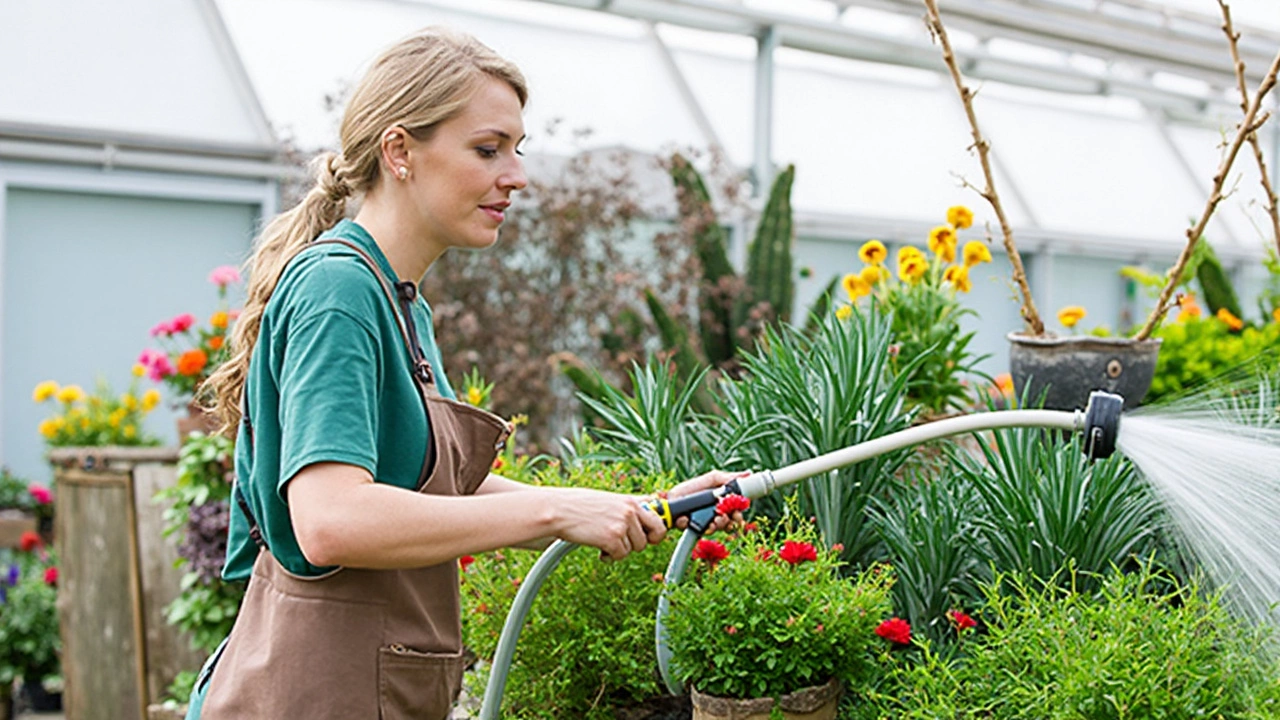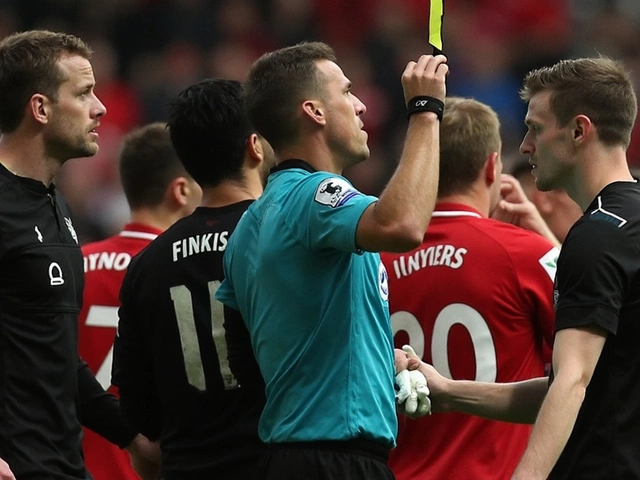How Hosepipe Bans Affect Small Businesses in the UK
Hosepipe bans tend to put households under the spotlight, but if you run a small business, you may not have to panic just yet. While domestic use gets tightened up during a drought, small businesses are usually spared some of the strictest rules—if their needs are linked directly to their work.
The government and water providers are clear on one thing: keeping a business ticking over is different from watering your private lawn. Exemptions exist so companies can keep running efficiently, and these exceptions aren’t a mystery if you know where to look.
Who Gets a Pass? Key Exemptions Explained
Many small businesses can use hoses or sprinklers during a ban, but it depends on what you’re using the water for. Here’s what’s allowed:
- Watering commercial crops: If you grow flowers, vegetables, fruits, or even manage a garden center, hoses are fair game. The same goes for turf farms and plant nurseries—the crops and products you sell need water, drought or not.
- Cleaning services: Got a window cleaning company or run a service washing boats or patios? You’re in luck. Commercial cleaning jobs using hoses are considered essential, so those businesses dodge the ban.
- Vehicle washing: Taxis, vans, fleet vehicles, and even limousines used for business can be washed with a hose by commercial operators. It’s not about keeping them shiny, but making sure they’re fit—and safe—for work.
- Religious fountains: It might sound niche, but fountains used for religious ceremonies or recognized spiritual practices can be filled or maintained with a hose. This respects the role these features play in community life.
- Pond maintenance: This is about animal welfare. If you’re caring for fish or aquatic life in a pond, you can add water as needed—provided it really is about keeping the animals healthy, not just topping up a garden feature.
This doesn’t mean businesses can go wild and ignore all restrictions. The line is clear: the exemption must serve a business purpose, or support wellbeing (like with aquatic animals) or religious needs.
The most at-risk areas for bans are those that rely on reservoirs, such as much of the northwest. Places like the southeast, where aquifers (underground water stores) pick up the slack, usually face water restrictions less often. But things can change, especially with unpredictable UK weather.
If you’re in a drought-prone spot, don’t assume—ask. Water companies may have slightly different rules, so checking your local provider’s info is smart. They do expect hosepipe ban rules to be respected, and ignoring these could lead to fines if you’ve overstepped. Companies tend to prefer working things out cooperatively before handing out penalties, but voluntary cooperation doesn’t mean ignoring the law.
Long story short: if you’re a small business, you probably have more leeway than your domestic neighbors, but checking the rules for your area matters. For many, exemptions mean business as usual—at least when it comes to water.





